HotSpots H2O: Fires in the World’s Largest Wetlands Decimate Wildlife and Livelihoods
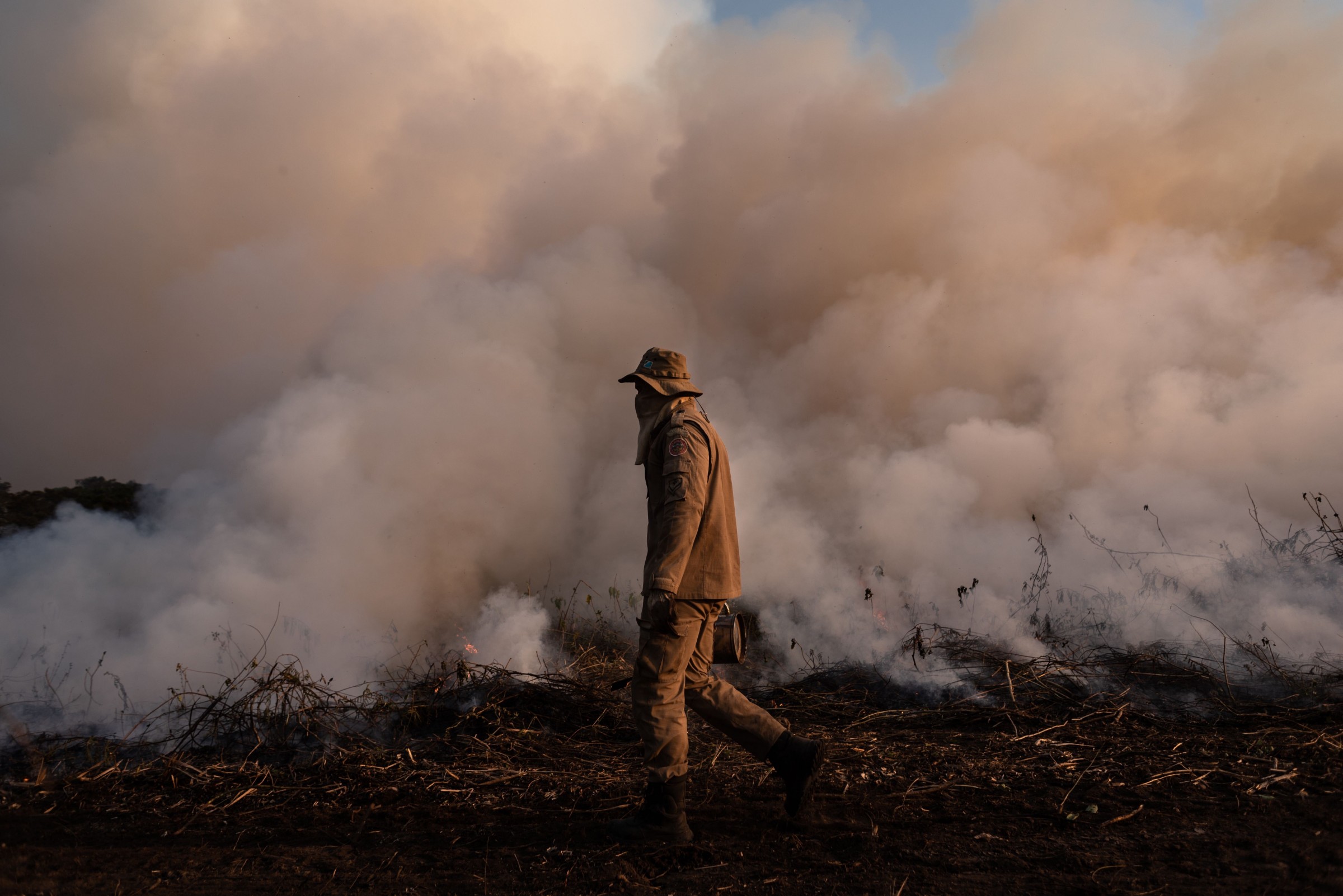
A man walks past a cloud of smoke while the Pantanal wetlands burn this year. © Gustavo Basso
The Pantanal wetlands are on fire. Since early this year, nearly a fifth of the Brazilian ecosystem, over 14,000 square miles, has burned in wildfires just south of the Amazon rainforest.
Their habitat destroyed, thousands of animals have been killed, burned, or injured. Locals to the wetlands have lost their homes, including fires in five Indigenous territories. Brazilian President Jair Bolsanaro and his administration claim they have sent national assistance to control the fires, yet according to the Associated Press those on the ground say there hasn’t been much help from the government to stop the spread.
Spanning the Brazilian state of Mato Grosso do Sul and sections of Bolivia and Paraguay, the Pantanal is the world’s largest tropical wetland. During the rainy season, the floodplains fill with water and then slowly empty from April to September, providing habitat and nutrients for life in the area. The region is home to 4,700 plant and animal species and the greatest numbers of caiman, jaguar, and other rare wildlife. It is also home to over 270 Indigenous communities, who rely on the wetlands for their livelihoods and economic means.
Fires occur every year throughout the Pantanal as a natural part of the ecosystem. During the dry season, little fires will pop up, but quickly die out. But this year is different. The region is experiencing the worst drought in a half century. Fires that may have started by lightning or cattle ranchers clearing a path are more likely to get out of control, spreading far and wide with little impediment.
In an attempt to prevent more fires, President Bolsanaro issued a 120-day moratorium in July on setting fires in both the Amazon and the Pantanal. Yet, since the Bolsanaro administration cut budgets on environment protection and workers this year, enforcing the moratorium has proven difficult, according to Nature. The president also sent planes to drop water on the burning areas, but in an interview with the Associated Press, locals said the effort had been delayed and most of the water went to private ranches rather than public lands.
Such fire episodes may only get worse.
In a 2015 study noted by Nature, climate scientists found that temperatures could increase by 12.6 degrees Fahrenheit by the end of the century in the Pantanal. Rainfall could be sparse not only in the summer months, but in the winter as well, throwing the region’s integral and fragile water cycle out of balance and leaving vegetation and wildlife further endangered.
Brazilian officials have not risen to the occasion, according to environmental and climate activists. Environment minister Ricardo Salles — nicknamed “The Terminator” due to his stance on the environment — is no friend of natural lands like the Pantanal, having campaigned fervently for environmental deregulation throughout Brazil. Likewise, President Bolsonaro has resorted to his own unfounded denials and excuses during the current fires, making way for more deforestation and claiming Indigenous populations were to blame.
The leader of Brazil’s main Indigenous umbrella organization Sonia Guajajara spoke up that such accusations are a lie.
“We must denounce this political catastrophe that destroys the environment and our future,” she said.
Elena Bruess writes on the intersection of environment, health, and human rights for Circle of Blue and covers international conflict and water for Circle of Blue’s HotSpots H2O.

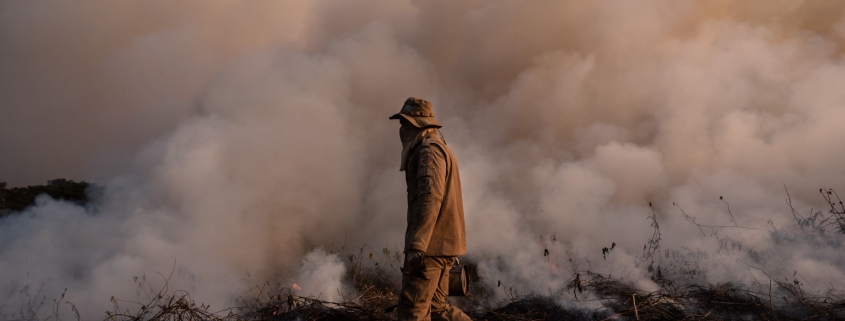

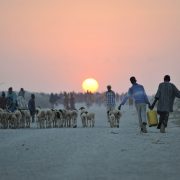
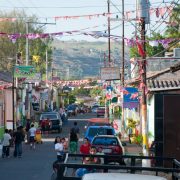
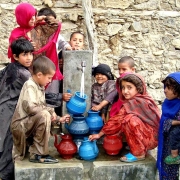
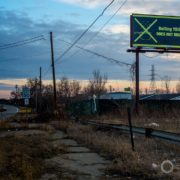
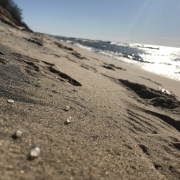



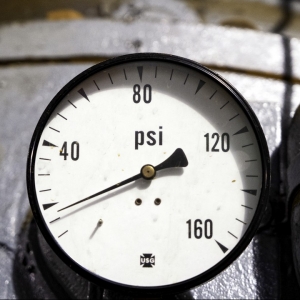
Leave a Reply
Want to join the discussion?Feel free to contribute!